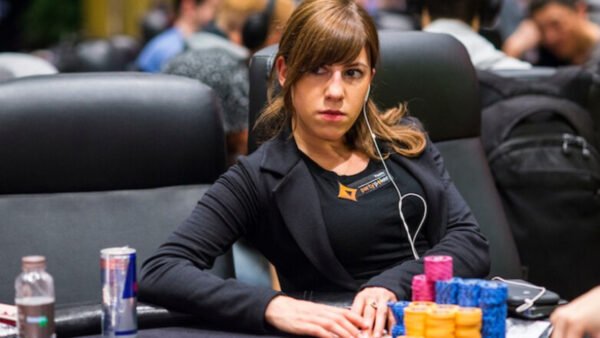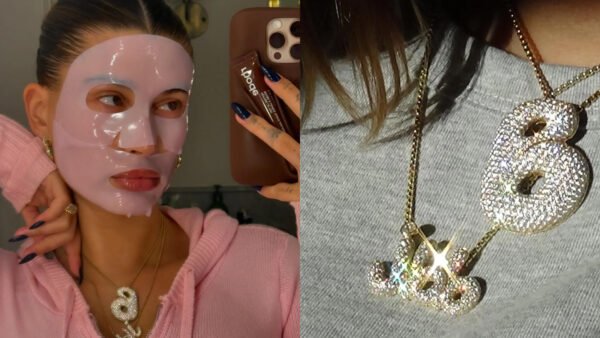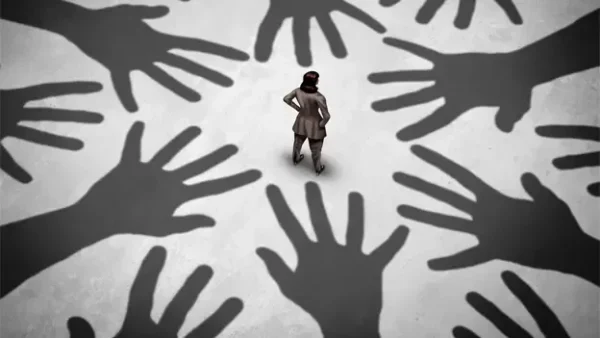
How to Become an Expert Bluffer

Bluffing is the act of deceiving your opponents by making them think you’re in a stronger position than you actually are. According to the famous Chinese general and philosopher Sun Tzu, you should always appear weak when you are strong and strong when you are weak. In poker, this is also often true, with players using bluffs to trick their opponents into folding or into adding more of their chips to the pot.
While understanding the mathematics of poker is important, the psychological aspect shouldn’t be overlooked. Bluffing is an important skill to learn if you want to make it at the highest level of the game, Whether you play online poker or live games. However, it’s difficult to learn as a beginner, and you not only need to know how to bluff effectively but also when to use your bluffs for the best impact. Failing to bluff can cost you, as can bluffing incorrectly.
Controlling Your Body Language
In live poker, your body language reveals a lot about your emotional state and what you’re thinking. This can include how you’re sitting, the way you move your chips, how often you look at your cards, and the small expressions on your face. As a result, it’s very important to control your body language, especially when you’re bluffing. You don’t want to give away that you’re being deceptive, as your opponents will be able to see right through you.
You should first be conscious of your presence at the table and determine whether anything changes when you’re bluffing. When you master this step, you can move on to the next step of diminishing or eliminating their impacts. Maintaining a fixed position while working on a crucial hand is an excellent strategy.
For example, concealing numerous recognizable tells will be much easier by keeping both hands together and close to your mouth. If your hands are trembling, it will be difficult to see them, and other players won’t be able to see your chest or throat clearing. If you do sit like this, you should maintain this position for most of the game, as only moving your hands to your face when you’re bluffing is still a tell that will reveal your thoughts.
Stick to Heads Up Pots
In most cases, it’s best to only bluff when you’re going head-to-head against one opponent. Having multiple players in the pot can complicate things and increases your chances of your bluff being called. There is just so much information you need to gather before moving forward, and the chances of someone having a strong hand also rise.
When no one is interested, you can still make a few token attempts at the pot, but don’t get too involved. It’s time to give up if you get called by two or more players. You don’t need to waste your chips in bad situations because there are so many better scenarios for you to take advantage of.
Use Different Bet Sizes
Throughout each game, you should try and vary your bet sizes a bit, so it makes it harder for opponents to get a read on you and tell when you’re bluffing. Your aim is to increase the size of the pot as much as possible when you have a strong hand, but you should never be predictable. For instance, if a player anticipates a typical bet of roughly half the pot but is instead met with a huge gamble of more than the size of the pot, they’ll be less sure of themselves.
Your opponents will always have plans based on what they thought was a likely outcome. Changing things up and doing the unexpected will throw them off and cause them to change their decision. Putting your opponents on the back foot and forcing them to make quick decisions is the best way to get them to make mistakes. It’s important to avoid bluffing with low raises because these will often be called.












































